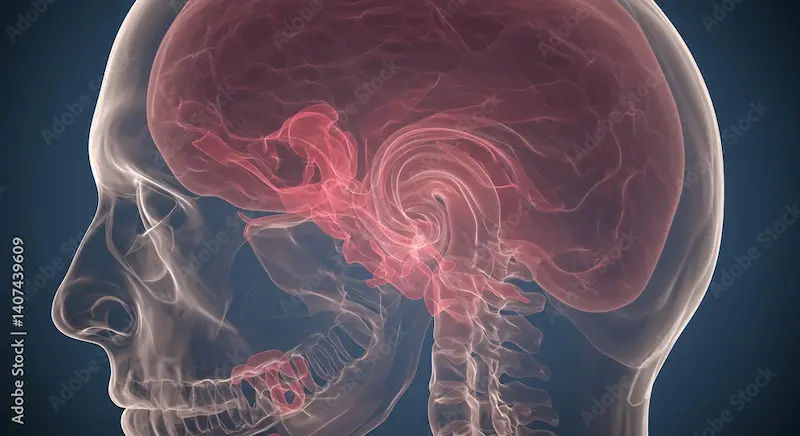- female
- 50 Years
- 01/04/2021
How can I stop nerve pain in my legs?
Answered by 1 Apollo Doctors
Alternating heat and cold therapy, stretching exercises, good diet and regular checkups
Dr. Ranjith Suggests...
Consult a Neurologist
Answered 04/07/2025
0
0


Ask Apollo
AI powered Health Chatbot
-
Consult a Healthcare Provider
a. Seek evaluation for underlying causes like neuropathy or sciatica.
b. Discuss potential medications such as gabapentin or pregabalin. -
Lifestyle Modifications
a. Engage in regular low-impact exercises like walking or swimming.
b. Maintain a healthy diet to support nerve health. -
Pain Management Techniques
a. Consider physical therapy for targeted exercises.
b. Use heat or cold therapy to alleviate discomfort. -
Alternative Therapies
a. Explore acupuncture or massage therapy for relief.
b. Discuss supplements like alpha-lipoic acid with your doctor.
Recommended next steps
Consult a Neurologist
Answered 20/08/2025
0
0
More Neurology Health Queries
View allI've noticed that my left leg and arm seem to go numb pretty often when I'm sleeping. It happens more on the left side, and I'm starting to get a bit worried. Also, during sex, I've felt like my heart is somewhat heavier than usual. I'm just curious if these things are connected or if I should be concerned. Any ideas on what might be causing these symptoms?
My left leg and left arm get numb more frequently while sleeping. This could be due to poor blood circulation or nerve compression. I recommend trying Vitamin B complex supplements to improve nerve health. Additionally, consider using a magnesium supplement to help with muscle relaxation and blood flow. For the feeling of a heavier heart during sex, it is important to monitor your heart health. I suggest taking low-dose aspirin daily to help with blood flow and consulting a cardiologist for further evaluation.
Answered by 1 Apollo Doctors
What are the 3 types of strokes?
ischemic stroke, hemorrhagic shock, transient ischemic attack
Answered by 1 Apollo Doctors
Are seizures painful?
No.
Answered by 1 Apollo Doctors
Disclaimer: Answers on Apollo 247 are not intended to replace your doctor advice. Always seek help of a professional doctor in case of an medical emergency or ailment.





